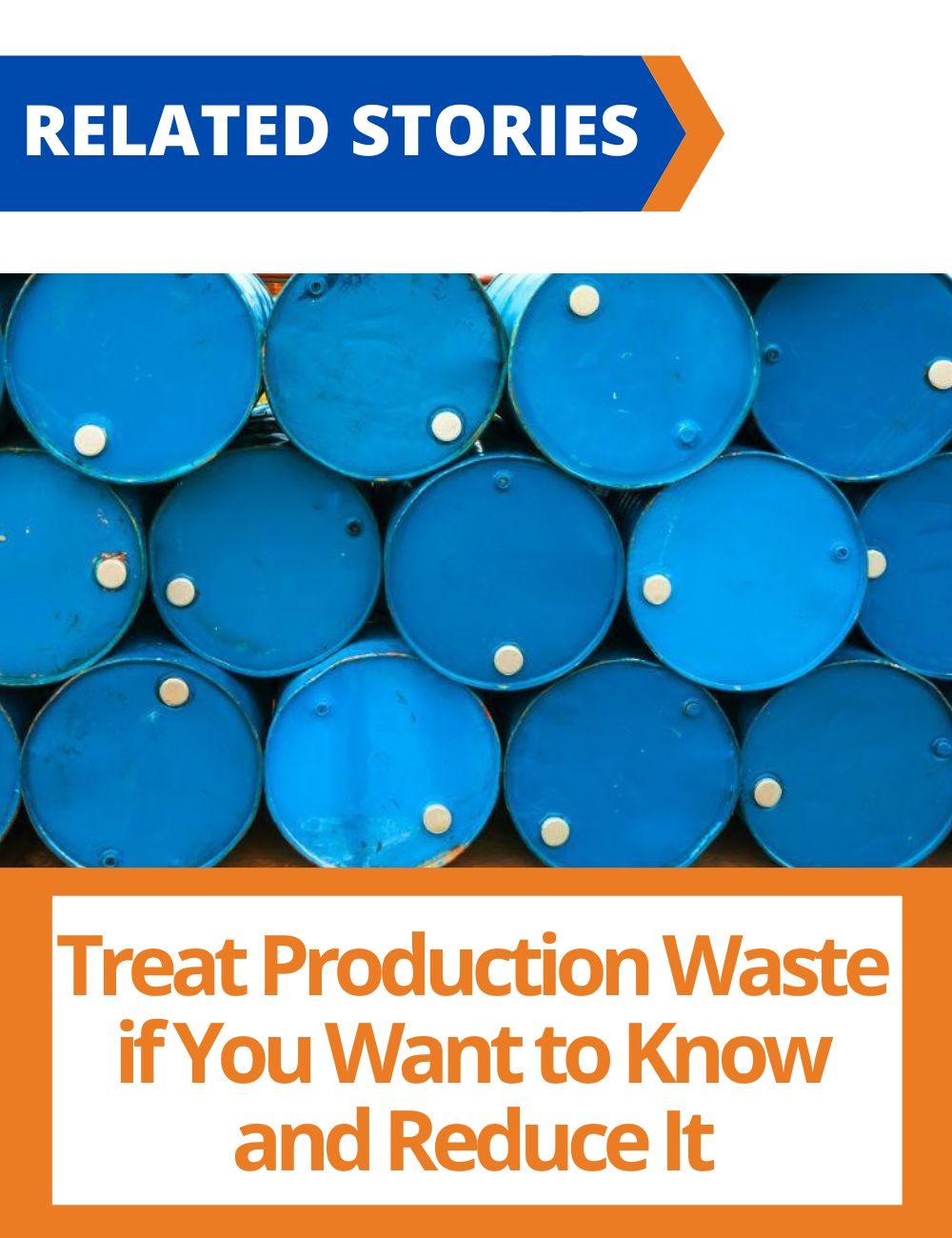
Experience Allows Firms to Better Adapt to Increasing Operational Breadth
How do organizations learn to improve routine tasks over time? Let's take the case of waste management. As operational processes increase in breadth, i.e. the number of different components, the integration and coordination burden grow sharply. However, the implications for performance of increasing breadth tend to vary based on the organizations' experience.
A new study by Nilanjana Dutt (Associate Professor at Bocconi's Department of Management and Technology) and her coauthor Megan Lawrence (Vanderbilt University) provides some interesting findings:
Organizations with little experience face too high a penalty from increasing breadth to improve their performance.
Organizations with a large amount of experience continue to adapt and improve over time.
While organizations face small penalties for managing their waste in multiple ways, over time they learn to adapt and improve performance. Ultimately, dealing with the penalties incurred by increased breadth is essential to sustain a competitive advantage.



Professors Dutt and Lawrence use data from the Toxic Release Inventory (TRI) database to account for 5,509 US manufacturing facilities' waste management activities from 1991 to 2014. This is a great setting to examine how organizational factors influence environmental and operational performance. These facilities manage toxic waste on a chemical-by-chemical basis involving 767 routinely processed toxic chemicals. In general, the disposal of toxic waste is expensive. Moreover, the disposal of this type of waste is highly regulated. Thus, facilities have the incentive to reduce their toxic waste output.
"Adaptation within organizations as a result of the accrual of knowledge is an important mechanism for performance improvement," Professor Dutt says. "Learning seems to be inefficient because it generates additional need for coordination right after the breadth of an ongoing activity increases. However, as capabilities to deal with the burden of coordination and integration are developed, the adaptation activities can be beneficial in the long run." While there is a short-term penalty from increasing breadth, over the longer term it seems essential for learning.
Noticeably, it is the timing of changes that affects organizational knowledge and capabilities, finally leading to the interaction between experience and breadth. "We find significant differences in the penalties incurred by taking on additional breadth with low versus high experience," Professor Dutt adds. "It really takes time to learn and accumulate experience in order to manage operational problems well."
Because most facilities manage toxic waste from several chemicals, the authors also find the spillover effect: when a facility expands waste management breadth anywhere, performance decreases. Yet, this spillover effect of breadth decreases for activities where the facility has accrued more experience. "Overtime, increasing the breadth of related activities could actually generate additional knowledge and vicarious learning," Professor Dutt says, "The benefits of experience - acquired either directly or through spillovers from collocated personnel - may yield improvements in performance for increases that occur in the breadth of related activities."
"Managing operational problems is one of the major concerns faced by operation-intensive facilities. Once moving from single product to lines of products, or from simple process to multiple processes, penalties of increasing integration and coordination costs are unavoidable. Managers really need patience to build up competitive advantage from adaptation, because they must learn to deal with the associated integration and coordination burdens first," the authors conclude.
Nilanjana Dutt, Megan Lawrence, "Learning to Manage Breadth: Experience as Repetition and Adaptation." Organization Science, Ahead of Print. DOI: https://doi.org/10.1287/orsc.2021.1482.